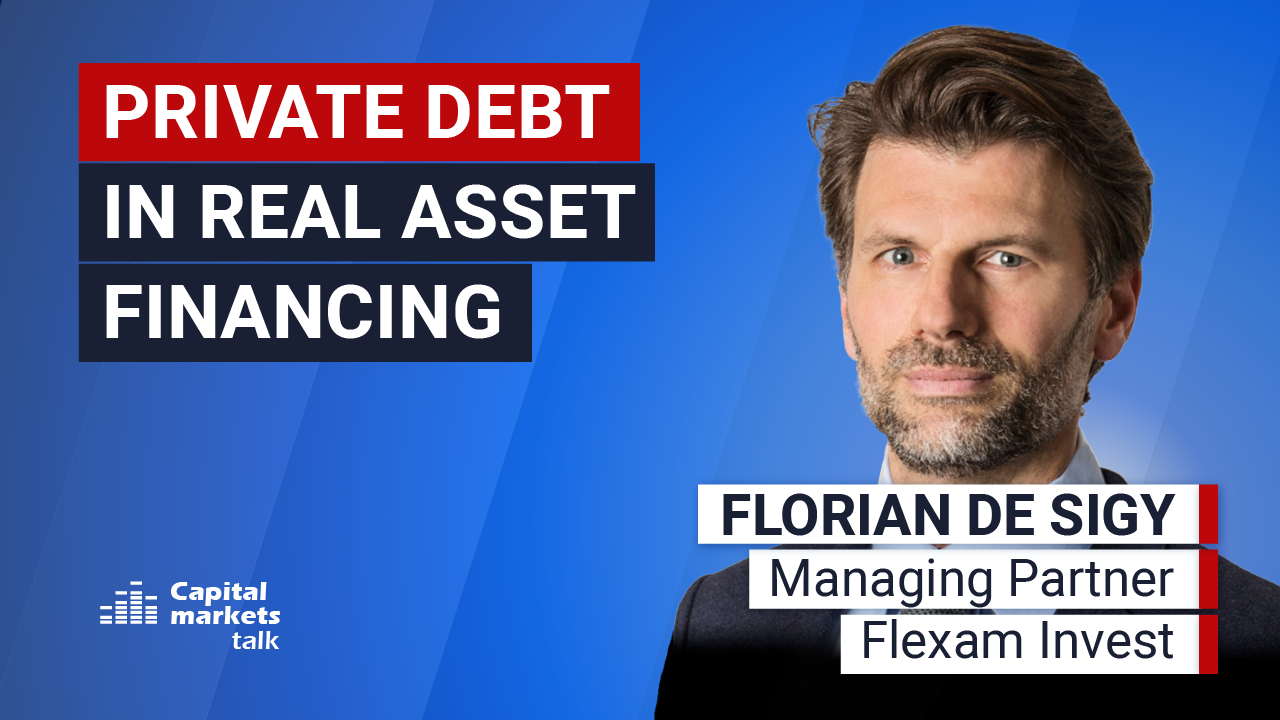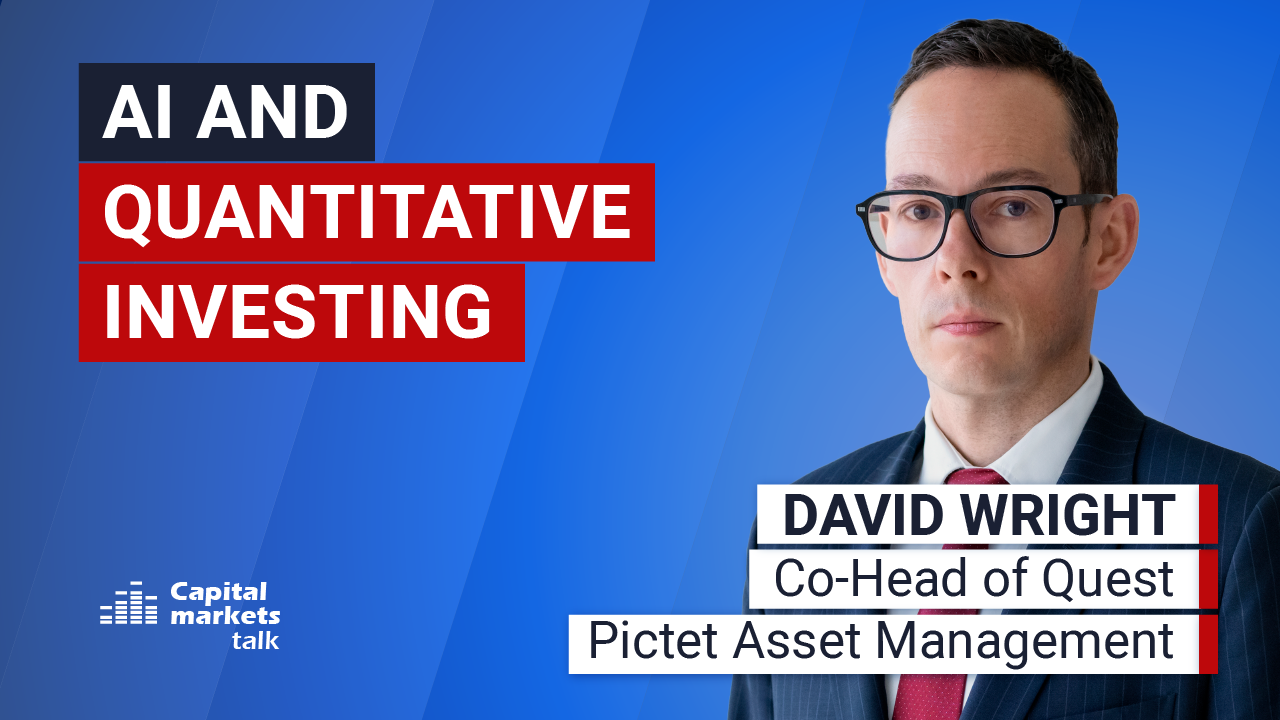Over the past year financial markets have been through a significant upheaval due to macroeconomic factors but investment in ESG is set to grow in the coming years. BNY Mellon in a recently published whitepaper looks at Europe’s ESG regulation and the recent developments considering implications for institutional investors.
The European Union’s Sustainable Finance Disclosure Regulation (SFDR) has implemented ESG disclosure requirements covering a broad range of metrics. BNY Mellon talks about the key concepts under SFDR and how market participants are expected to function under these rules and ESG regulations.
Meanwhile, another ESG regulation aimed at corporates is the European Commission’s Corporate Sustainability Due Diligence Directive (CS3D) which requires companies to conduct due diligence on environmental impact and human rights abuses in their supply chains.
However, BNY Mellon says that there are a few challenges that still need to be addressed in the coming months. The investment management firm groups them into three categories:
Definitions and timing: “Ambiguity about the definition of a sustainable investment risks undermining confidence in sustainable financial products,” writes BNY Mellon. The investment management firm discusses the interpretation of the SFDR and the definition of sustainable investment. Secondly, how do fund names use ESG and sustainability-related terms and their scope? Lastly, how will SFDR Regulatory Technical Standards evolve in the coming months?
Data: “The quality and consistency of data is a key challenge for asset managers when managing a fund that seeks to achieve a specific ESG objective,” as per BNY Mellon. Europe’s ESG regulations lay down certain reporting standards, but a third-party report has found that only 17% of the world’s listed firms report their carbon emissions.
Distribution: The final challenge that BNY Mellon talks about in its whitepaper is how financial products are distributed to investors. There have been problems due to a lack of precision about the definition of sustainable investment. Additionally, it is still unclear to what extent fund platforms and other distributors are changing their marketing practices.
“As the bar is raised for investment products claiming sustainability credentials, the potential for greenwashing should recede and confidence in the ESG regulatory landscape should grow. Yet key questions about the nature of some regulations and definitions remain unresolved – with potentially significant consequences for FMPs (financial market participants),” concludes BNY Mellon.
Download the whitepaper here.
Read more

Global Trade
Trump ignites global trade war / Reactions
The USA itself will be the victim of Trump’s trade policy.

Private Debt
The case for private debt in real asset financing
What makes the combination of private debt and real assets particularly compelling in today’s market?

Schroders
Looking ahead: 30-year return forecasts
Higher returns are expected across asset classes, driven by stronger productivity growth for equities and elevated long-term central bank rate projections for bonds.

Quant Investing
AI and quantitative investing
Artificial intelligence applications go way beyond stock selection.

Bellevue Asset Management
Demographics and AI drive MedTech stocks
MedTech investment case: What makes it attractive, which trends stand out?





















